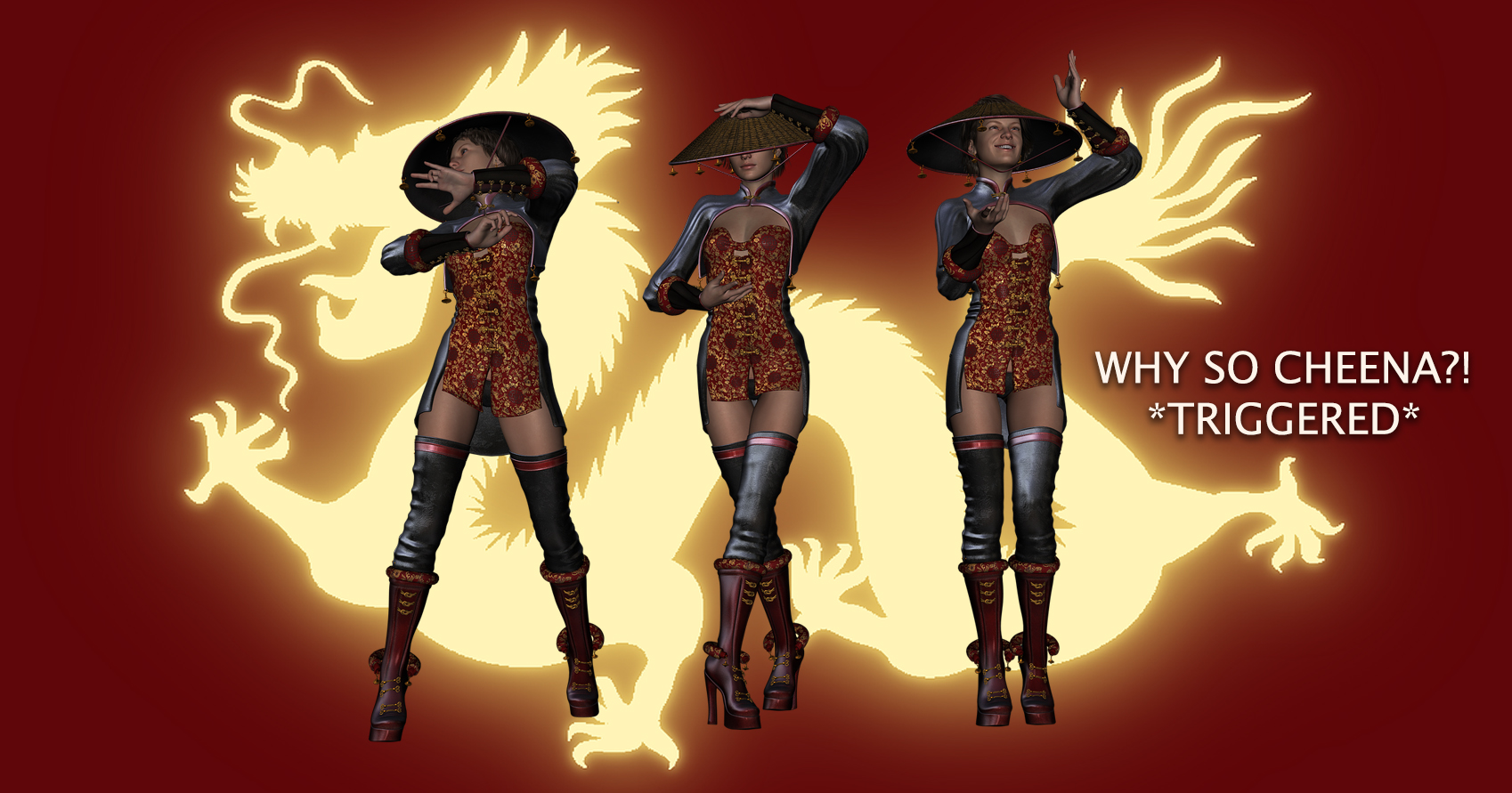Origins of the word "Chee-na"
"Chee-na" (支那) is an archaic way of referring to China.
The word first appeared in the Buddhist scriptures of the Tang dynasty in the 6th century, according to one source.
It is widely believed to be the phonetic translation of the ancient Sanskrit word "cina".
While some believe that it originated from the English word "China", there is no conclusive evidence to support that.
Word used neutrally by both Chinese and Japanese
The word was used neutrally by both Chinese and Japanese and had no derogatory meaning for much of its history.
It, along with Buddhism, spread to Japan from China during the Tang dynasty.
Many Chinese nationalists and reformers in the final years of Qing rule, such as Sun Yat-sen, wanting to differentiate between the new nation and the Qing dynasty, also used it.
Some academics even claim that it does not refer to any particular country, but is broadly used to refer to the "land of the east".
How did it become a racial slur?
Subsequently, Imperial Japan used the term "Shina" (シナ) to refer to China during the 1894-95 Sino-Japanese War, and "Shina-jin" (シナ人) to refer to the Chinese.
The word was used as an insult, not only implying that the Chinese people are a sub-class and inherently inferior to the Japanese, but also implying that China was not worthy enough to be recognised as a sovereign state.
Thus, the implications of the word helped justify Japan's wartime aggression.
It was then that "Chee-na" became associated with Japanese wartime aggression, and a reminder of the suffering endured by the Chinese during the occupation.
It turned an originally neutral term to a deeply derogatory racial slur targeted at Chinese people.
In 1946, at the formal request of the Kuomintang (KMT) government, the Japanese government banned the term in official documents and in all public occasions.
A parallel to another derogatory term
There is some parallel between "Chee-na" and another English term widely-considered to be offensive today: Nigger.
The transformation of the word "Shina" from a neutral term to something offensive and a trigger word has been compared to "nigger" -- a racial slur widely regarded as derogatory towards people of African descent.
"Nigger" originated from the Latin adjective "niger". It was a neutral term frequently seen in 19th century literature.
It was not until the 20th century that it became a racial slur in the mainstream.
Controversy over the use of the word in modern times
The "Chee-na" word came under the spotlight in 2016, when two young politicians from Hong Kong, China, used it during their oath-taking.
Sixtus Leung and Yao Wai-ching, in a bid to show their refusal to submit to Beijing, said "Chee-na" instead of "China", with the latter saying "People's Ref*cking of Chee-na".
However, they ended up offending many mainland Chinese, and the incident resulted in a huge controversy, with other pro-democracy Hong Kongers disapproving of the use of the term.
[related_story]
So, considering its historical origins, is Shina still a derogatory term?
While some argue that the term is not derogatory at all due to its neutral historical origins, many consider it a derogatory term that is inappropriate and offensive to the ethnic Chinese.
This is simply because Chinese people today consider it to be so, just as people of African descent consider the word "nigger" to be highly offensive.
The purpose of language, at its very core, is to communicate with others.
If the meaning of a word has changed over the years, so does the intention of using it and the context of doing so matters.
So, if an ethnic group has reservations about the term, with some considering it offensive and particularly hurtful, then the use of the term is questionable, despite its neutral origins.
Top image via Pixabay
If you like what you read, follow us on Facebook, Instagram, Twitter and Telegram to get the latest updates.
